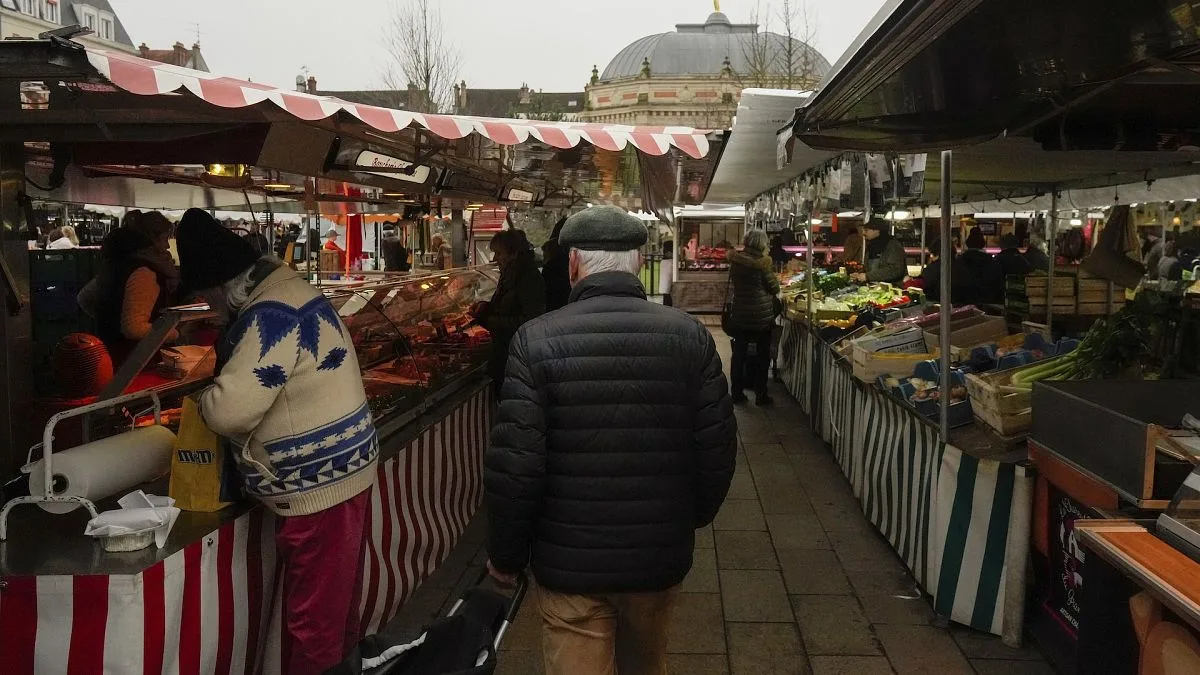A recent analysis of property prices across 62 countries in relation to average local wages reveals an unexpected twist: Denmark, often viewed as one of the most expensive European nations, emerges as the most affordable country in Europe for homebuyers.
The report, published by BestBrokers.com, indicates that acquiring a 100-square-metre property in Denmark requires an investment equivalent to just 114 net monthly salaries. This positions Denmark as the leading country in Europe for affordable housing, despite its higher overall cost of living compared to other EU nations, as evidenced by data obtained from reputable sources including the IMF, Numbeo, and TradingEconomics.
Interestingly, according to Eurostat, Denmark ranked as the most expensive country in the EU in 2023, with prices for everyday goods and services soaring 43% above the EU average. Yet, the nation also boasts one of the highest average annual earnings in Europe, ranking seventh.
To better understand the dynamics of property affordability, BestBrokers.com’s report assessed how many months of salaries it takes for residents to buy a home in various European nations. The affordability index was meticulously calculated based on an array of factors, including house prices, average net monthly income, inflation rates, and adjusted mortgage interest rates across a total of 62 countries.
Which European Countries Have the Longest Savings Period for a Home?
The findings reveal that Ireland and Sweden follow closely behind Denmark as the second and third most affordable countries in Europe, requiring 123 and 129 net wages, respectively, to purchase a typical 100-square-metre home. This translates to approximately a decade of annual earnings dedicated solely to home ownership.
It’s important to note that these figures are largely theoretical and exclude essential living expenses such as food, childcare, and accommodation.
Conversely, countries like the Czech Republic and Slovakia ranked lowest on the affordability scale, with the price of a 100-square-metre home in Slovakia demanding a staggering 297 times the average salary, essentially equating to 25 years of earnings. Even with substantial saving efforts, potential homeowners might still face a grueling 50-year savings timeline.
Real Mortgage Interest Rates Across Europe for Q3 2024
A critical part of this study involved analyzing real mortgage rates to gauge property affordability. Projections for the third quarter of 2024 revealed significant mortgage rate disparities across Europe. The report indicates that Russia is expected to have the highest real mortgage rate at 12.3%, following the discontinuation of a government-backed mortgage program in July 2024. With a nominal mortgage rate hovering around 20.3% and an inflation forecast of 8%, these figures create a stark financial environment for potential borrowers.
Other countries with elevated real mortgage rates include Latvia at 6.65% and Poland at 5.1%. In contrast, major economies like Germany and the UK are showing lower real rates of around 1.85% and 1.77%, respectively. Meanwhile, countries such as Belgium and Sweden report negative real mortgage rates, suggesting that while nominal interest rates may appear high, the actual cost of borrowing has declined.
Global Insights: Housing Affordability Around the World
On a global scale, South Africa stands out as the most affordable country for housing relative to wages, where individuals need only 71 times their average annual income to purchase a 100-square-metre property. The United States ranks second in this sphere, with the average homeowner requiring about 76 monthly wages, reflecting a financial commitment of roughly six years of annual salaries.
At the other end of the spectrum, Nepal ranks at the bottom, demanding an eye-watering 684 salaries to secure a home, closely followed by Turkey at 631 salaries, which translates to over 52 years of income.
Disclaimer: This article is for informational purposes only and does not serve as financial advice. Always conduct your own research to determine what is best for your individual circumstances.
Photo credit & article inspired by: Euronews



